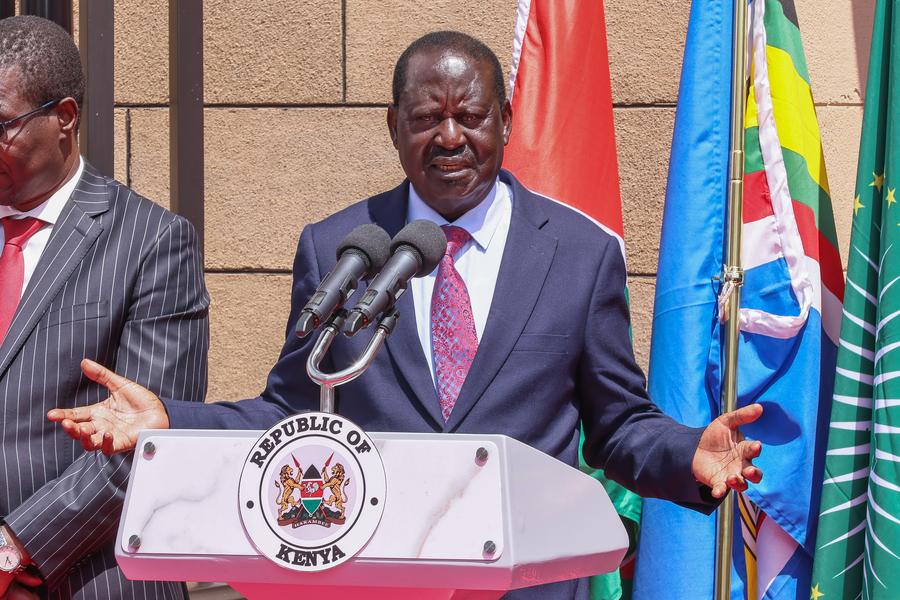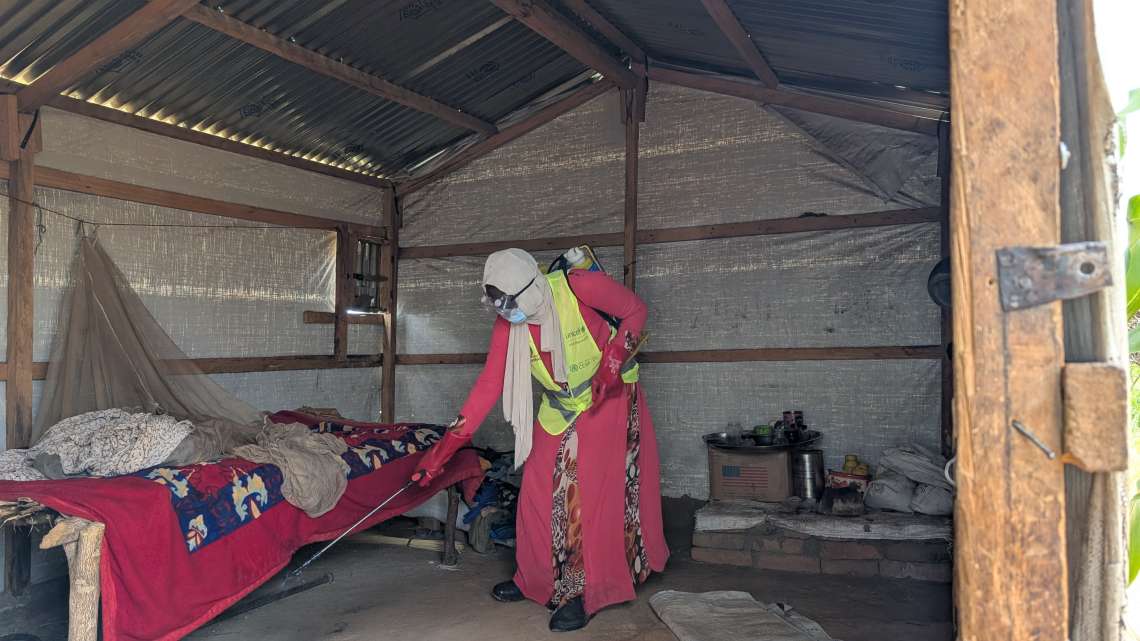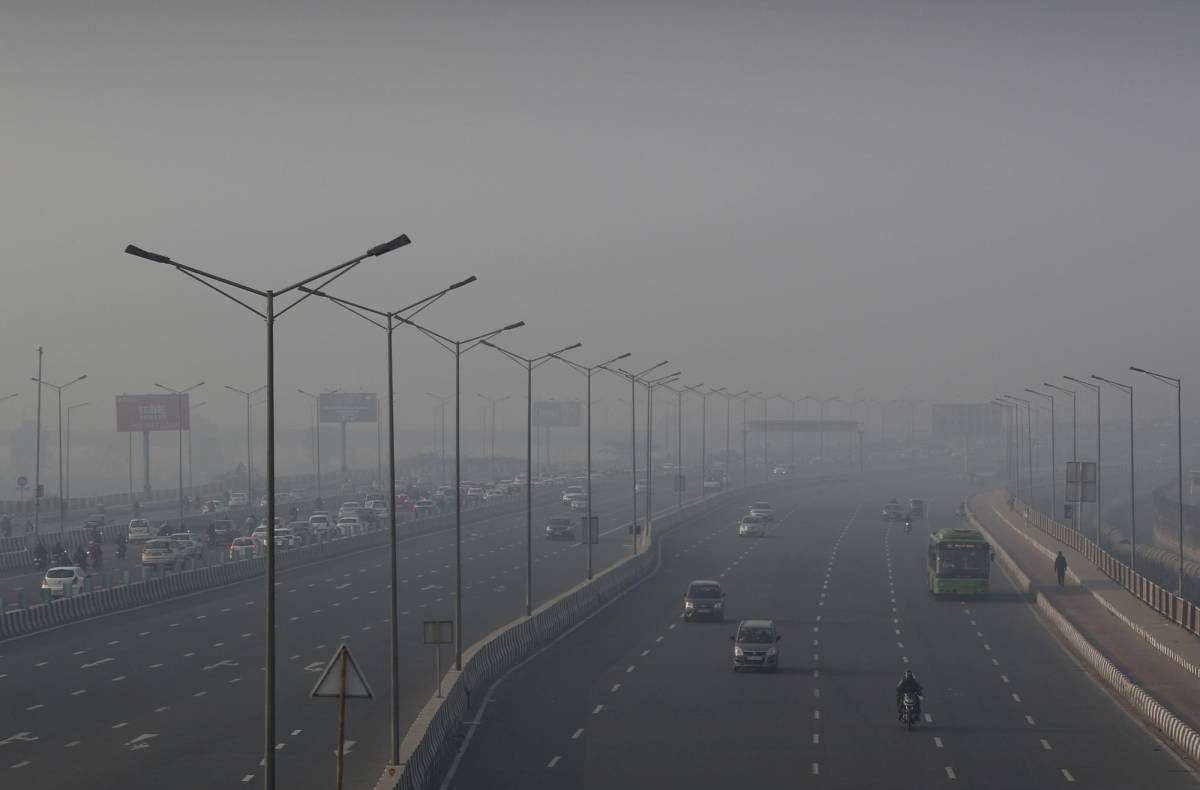Since the Central Bank of Sudan announced the liberalization of the exchange rate of Sudanese pound against the U.S. dollar on March 8, the competition between local banks and the parallel market to control the exchange market has intensified amid high demand against supply.
Concerns are growing that the economy in Sudan would further deteriorate amid the continued decline of the national currency Sudanese pound, the unprecedented rising prices of essential goods as well as the impact of liberalization of fuel prices on the productive sectors.
Since the Central Bank of Sudan announced the liberalization of the exchange rate of Sudanese pound against the U.S. dollar on March 8, the competition between local banks and the parallel market to control the exchange market has intensified amid high demand against supply.
Sudan has been facing an economic crisis after the United States and international agencies suspended aid with hundreds of millions of dollars after Abdel Fattah Al-Burhan, the general commander of the Sudanese Armed Forces, declared a state of emergency on Oct. 25, 2021 and dissolved the Sovereign Council.
The United States immediately suspended 700 million dollars in economic aid to Sudan, while a budget support of 500 million dollars from the World Bank, which was expected in November 2021, as well as 150 million dollars in special drawing rights from the International Monetary Fund, were also halted.
Sudan’s debt relief process under the Heavily Indebted Poor Countries (HIPC) Initiative of the International Monetary Fund has also been halted.
Sudan has been undergoing a dire economic crisis since the secession of South Sudan in 2011, due to which Sudan lost 75 percent of its oil revenues.
On Monday, foreign currency exchange rates reached record high at the local banks, with one dollar registering 630 Sudanese pounds compared to 645 pounds in the parallel market.
At the same time, the prices of basic commodities are skyrocketing few days before the holy month of Ramadan, arousing concerns that the deteriorating economic situation would increase the suffering of the citizens.
“There are signs of an economic collapse looming on the horizon,” Ayoub Abdul Hafeez, a Sudanese economic expert, told Xinhua on Monday.
“Markets are witnessing an economic stagnation under lack of purchasing power and unprecedented hike in the prices of basic commodities,” he added.
With the rise in prices, another problem emerged represented in shortage in necessary commodities such as cooking gas and flour.
Al-Tayeb Zain Al-Abidin, an owner of cooking gas distribution agency in Al-Azhari neighborhood, south of the capital Khartoum, told Xinhua that “gas is not available in large quantities in warehouses, while there are those who work outside the warehouses and create a parallel market for selling the gas.”
Meanwhile, Abdul-Jalil Dahab, a professor of economics at Sudanese universities, attributed the economic crisis to the financial and monetary policies, weak production, and the continued phenomenon of speculation, whether in currencies or basic commodities, urging for quick actions and “restructuring the economy.”
Reporters visited some markets in the capital Khartoum where the prices of basic commodities lifted sharply. A sack of sugar (50 kilos) jumped from 18,000 pounds to 30,000 pounds, while the price of edible oil (36 pounds) registered 24,000 pounds instead of 17,000 pounds.
Additionally, most bakeries were forced to increase the prices of bread due to the shortage in cooking gas and the high prices of flour, where the price of one loaf of bread reached 50 pounds.
Earlier, the World Food Programme (WFP) Office in Sudan warned of a severe shortage of grain in the country, especially wheat.
ALSO READ: Food stocks in Sudan could run out in one month: UN
“For the first time since 1984, we’re looking at a cereals-production deficit for Sudan. The WFP resources are not looking good. The situation is worse and we have less ability to respond,” the WFP said in a press release.
Around 20 million people would likely be classed as suffering from emergency or crisis levels of acute food insecurity, double 2021’s figure, it noted.
The economic crisis is expanding to various productive sectors in Sudan. As a result of the rise in fuel prices, the public transportation tariff has doubled, while the cultivated agricultural areas have decreased due to the increase in prices of gasoline.














